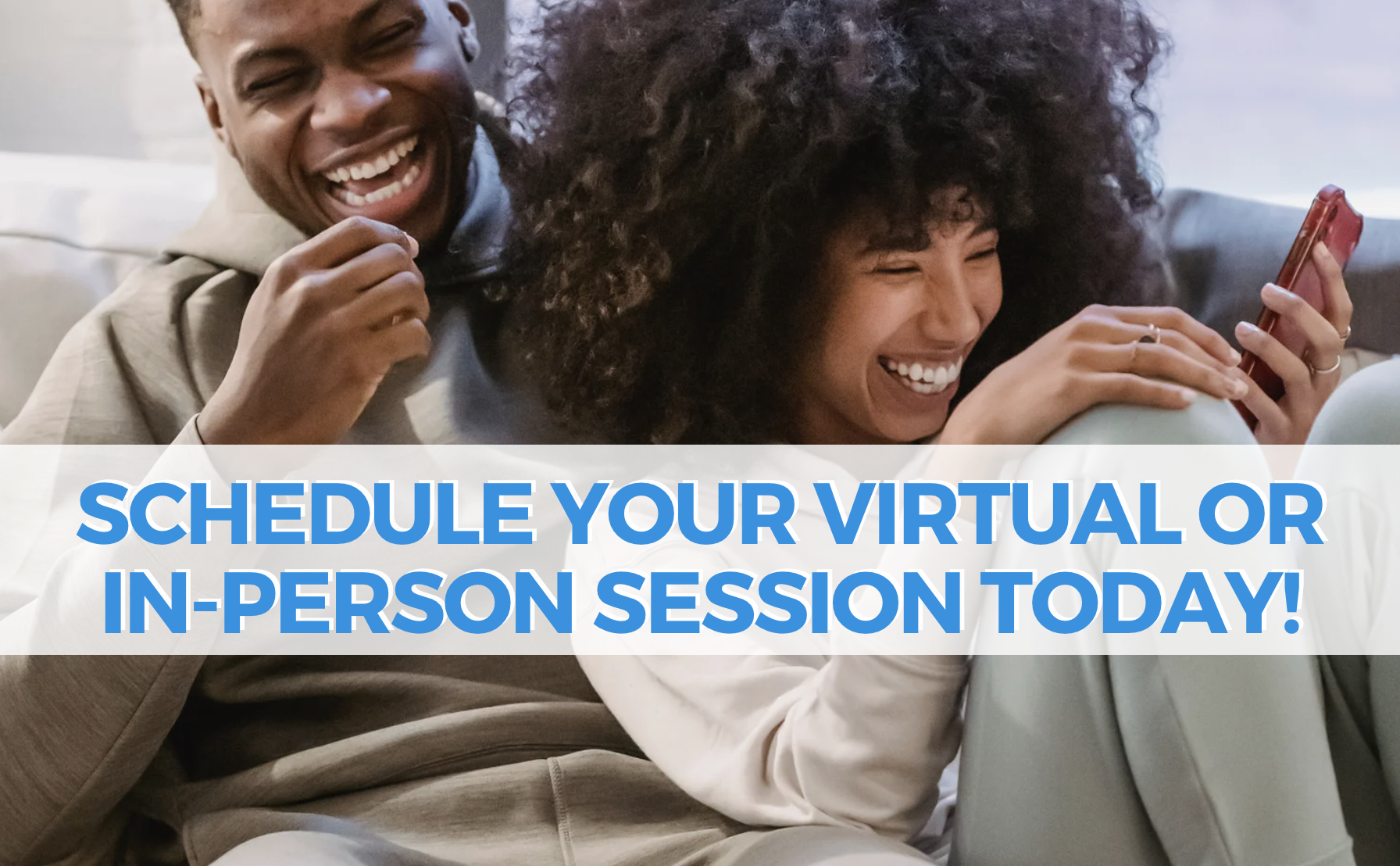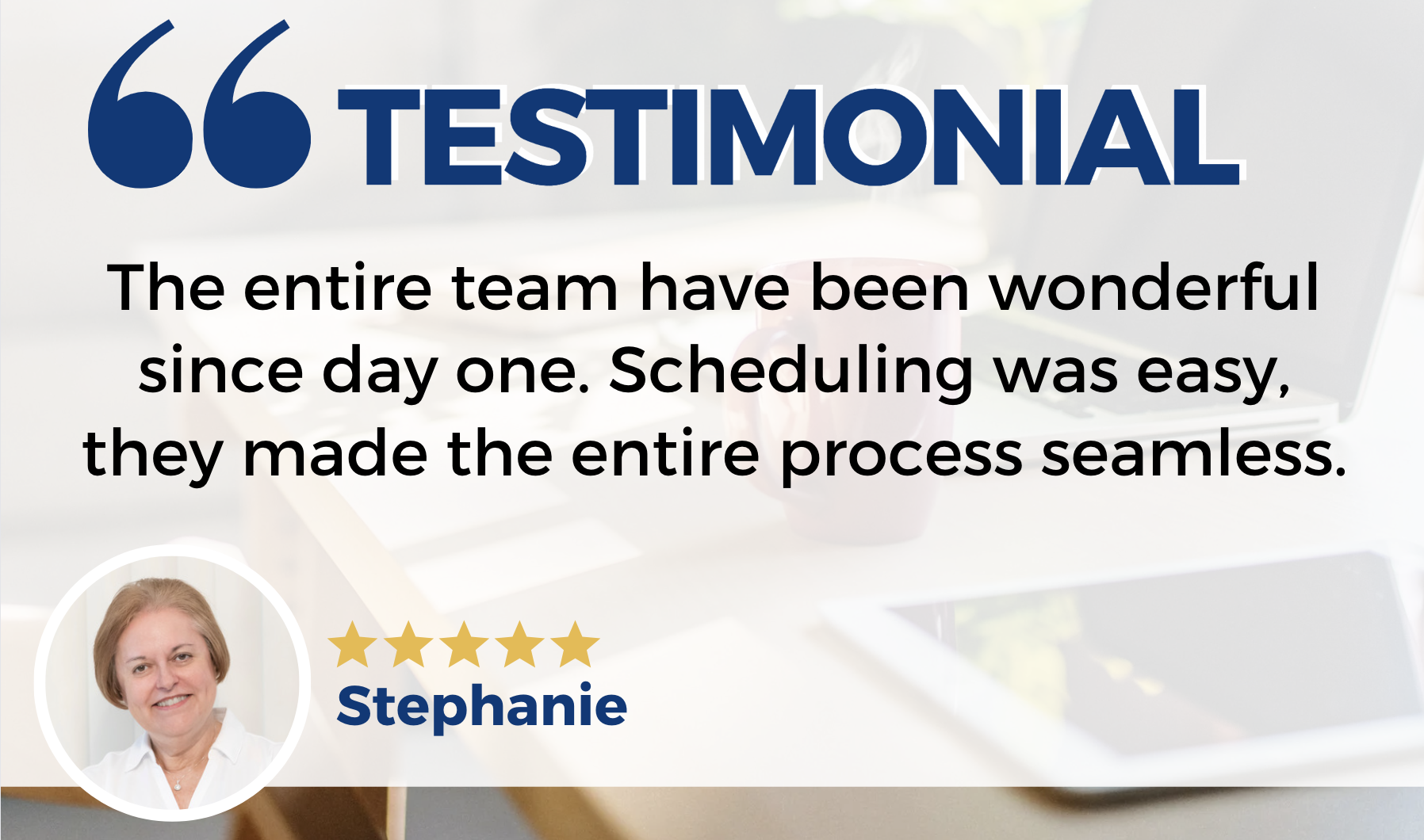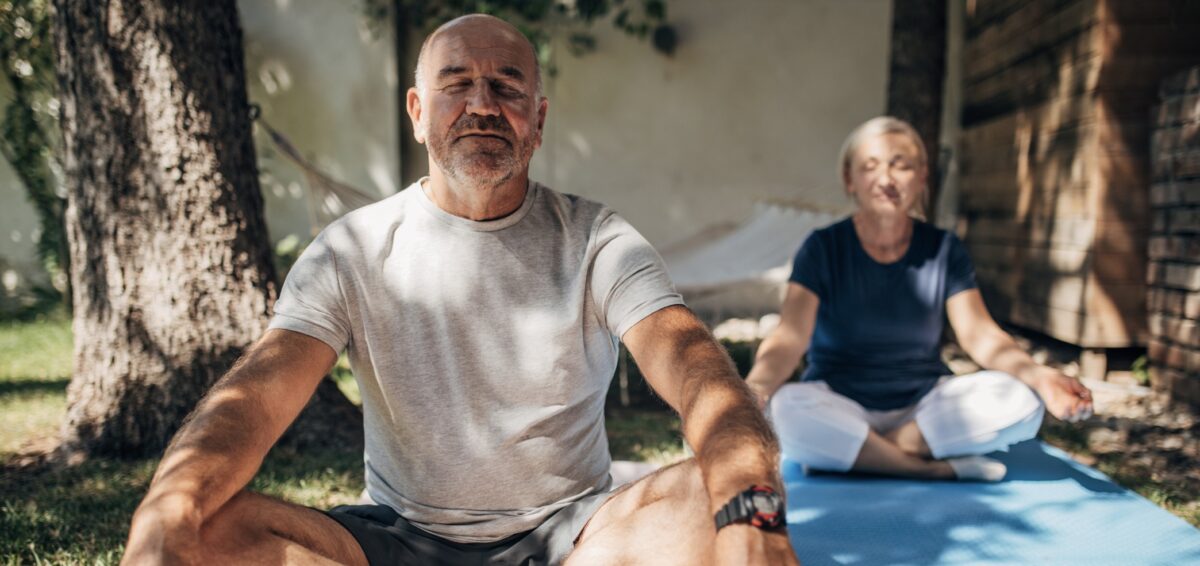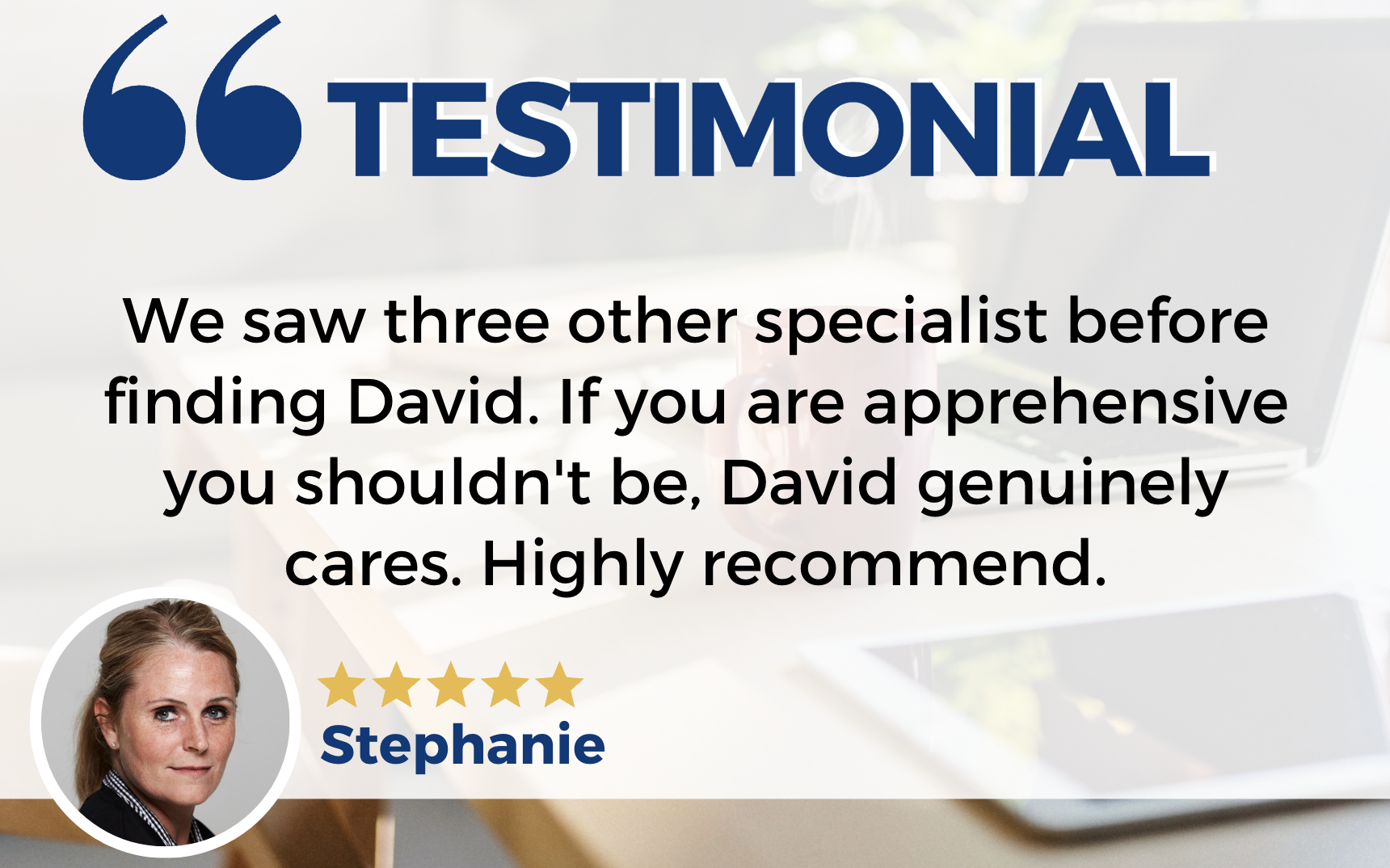In today’s world, anxiety and negative thoughts are more common than ever. Did you know that around 31% of adults in the U.S. deal with an anxiety disorder at some point in their lives? This widespread issue impacts not only individuals but also their relationships. That's why it's crucial to explore new and holistic approaches to mental health.
A promising piece of research from the University of Virginia School of Medicine has shed light on an interesting connection between gut health and mental well-being. The study suggests that Lactobacillus, a common bacterium found in yogurt and other fermented foods, might help reduce anxiety and depression.

The Study: Mice and Microbiomes
In this study, researchers looked at how Lactobacillus affects the gut microbiome in mice. They found that having enough of this bacterium helps maintain interferon gamma, a substance that helps the body manage stress. Essentially, Lactobacillus seems to protect against anxiety and depression.
The team took the gut bacteria from mildly stressed mice and transferred it to nonstressed, germ-free mice. The result was surprising: the recipient mice started showing signs of mood disorders. When stressed, mice with lower levels of Lactobacillus had more activity in brain areas linked to fear and anxiety compared to those with higher levels of the bacterium.
What This Means for Us
These findings suggest that we might be able to treat anxiety and depression with probiotics, offering a natural and accessible solution. For those struggling with anxiety, adding probiotic-rich foods to their diet could be a simple yet effective way to improve mental health. Better mental well-being can also enhance relationships by reducing stress-related conflicts and creating a more supportive environment.
The Role of Counseling and Coaching
At Life Coach Austin, we understand that mental health and relationships are closely linked. Our counseling and coaching services address both individual and relationship challenges, helping clients manage anxiety and negative thoughts holistically. The link between gut health and mental well-being shows how interconnected our bodies are. At Life Coach Austin, we’re here to support you on the journey to restoring your mind and relationships.
Source: https://news.virginia.



















